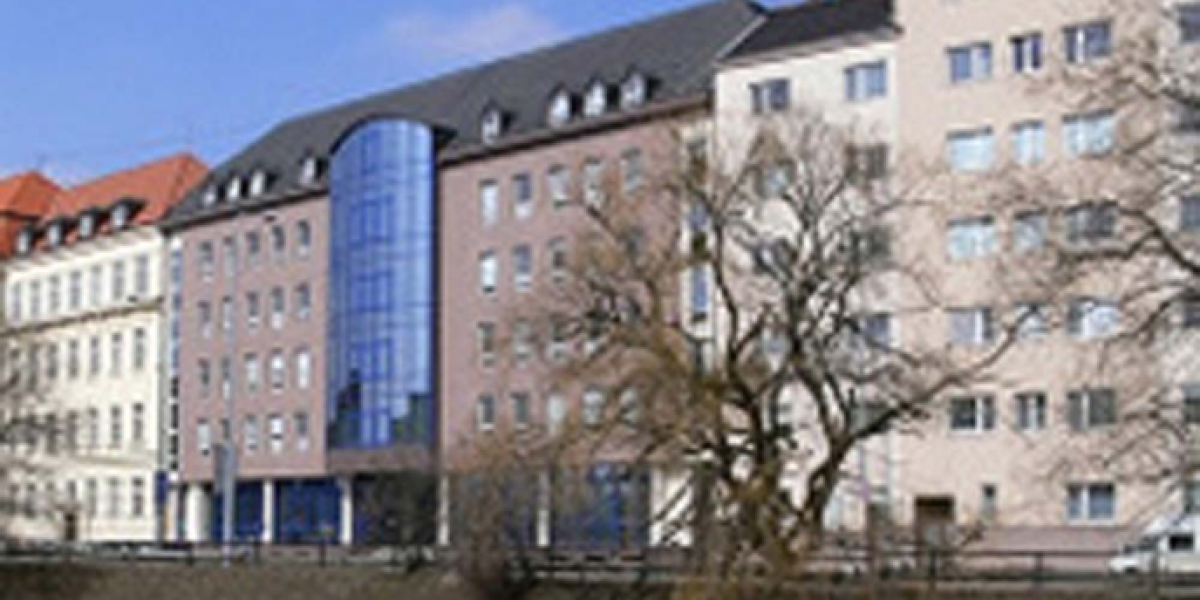Thailand: Leaving the refugee camp for a Czech university
03 April 2013

Brno, 4 April 2013— My name is Ni Ni Win. I fled from Bago, Burma, in 1999 when I was 26. My family feared for our safety because my uncle, a politician, was imprisoned. We sought asylum at the Thai-Burma border in Mae La refugee camp. I lived there for three years, before finding Erasmus Mundus, a scholarship programme, at Mazaryck University in the Czech Republic.
During my time in the refugee camp I suffered from boredom and hopelessness as I had no job or income. The ration of rice, oil and pulses, was the only source of survival. Each day started and ended in a disappointing circle. Like a caged bird, I constantly looked forward to the moment when I could be free.
After six months, I started searching restlessly for a way to fill my time. I frequently visited one of the camp’s six libraries and spent hours reading hundreds of books. I attended NGO sponsored vocational training courses in baking, childcare and English language. I participated in community events for different ethnic minorities. But all the while, in the back of my mind remained the fervent wish to create a better life for myself.
Finally, in October 2010, I had a chance to study an 18-month online refugee programme at the Australian Catholic University (ACU). The programme introduced me to new subjects such as Human Rights, Leadership and Management, Global Issues and many more. It was my first taste of real education and it increased my thirst for knowledge.
I searched for scholarship opportunities abroad while I was studying in ACU. I applied for three scholarships; Chulalongkorn University, Bangkok, Malaysia University, Kuala Lumpur, and Masaryk University in Brno, Czech Republic. In May 2012, I was offered the opportunity to study in the Czech Republic.
Culture shock
When I first arrived in Brno six months ago, everything was difficult for me. I had culture shock; the people, food, clothes, language and weather were all so different from anything I was used to.
The way things work is also very complicated and different from my country and Thailand. I had to learn how to do so many new things. For example, I did not know how to open the doors of offices, how to use the copy machine, even how to make a cup of coffee with a machine. It was lonely without friends or family.
I am the only Asian student in my class. I am studying “Teacher Training in English” at Masaryk University and I have 13 subjects to study hard in. As part of the programme practicum, I go to local schools to observe classroom management and teach primary age students. The hardest part initially was communicating with the young learners because of my pronunciation and accent.
Adaption and aspirations
Now that I have been here for nearly half a year, things are more familiar. I enjoy the efficiency of the transportation and education systems in this country. Watching ice hockey has also become a favourite pastime of mine! Some of my professors and classmates at the university are very helpful.
I am part of an International Student Club and have about one hundred friends from all over the world. I have already visited three countries, France, Poland, Slovakia and some places in the Czech Republic. I am learning more skills and knowledge and will complete my Masters Degree in July 2014 to become an Education Specialist. Afterwards, I hope to work in an educational program for refugees so that I can help my community.
The living conditions here are good, especially for people from poor countries who come to study or work. Like them, I also live in a place where the buildings are beautiful, the sightseeing is incredible and life is full of opportunities? but despite this, it is just a place, not home!
The Jesuit Refugee Service is an associate partner of the Erasmus Mundus scholarship programme that sponsored refugees from Myanmar, including Ni Ni Win. The programme is coordinated by the Polytechnnic University of Torino. The consortium members include universities from Europe and Asia as partners and research institutes, NGOs as associate partners.


